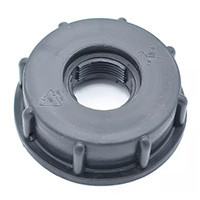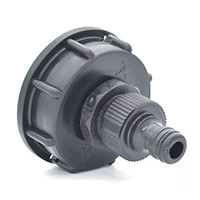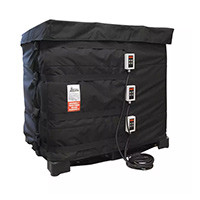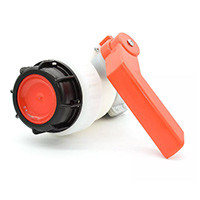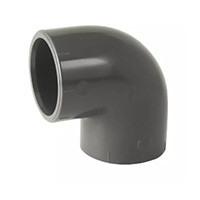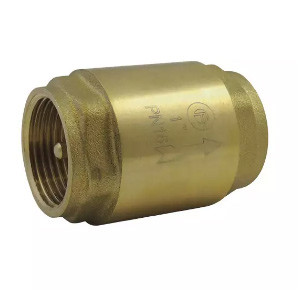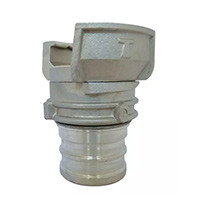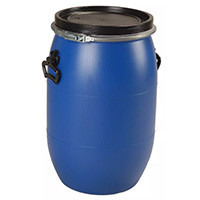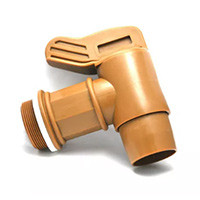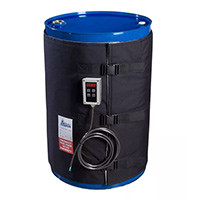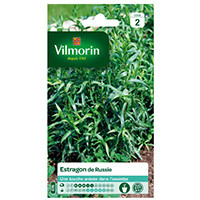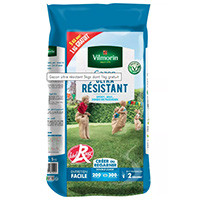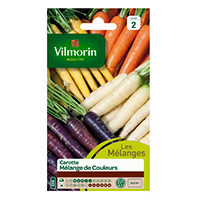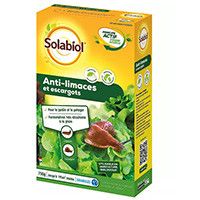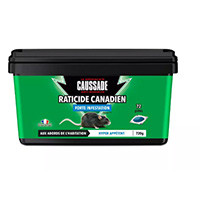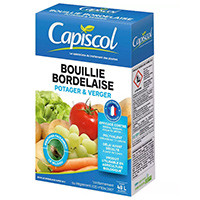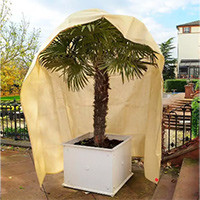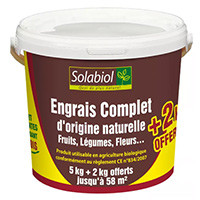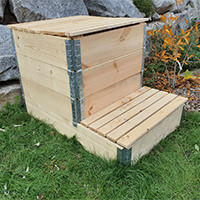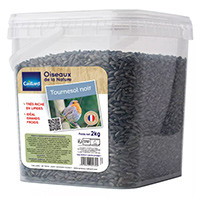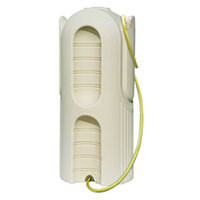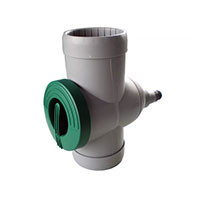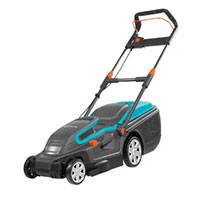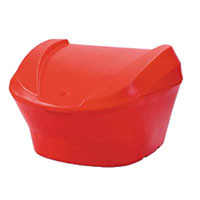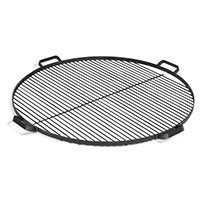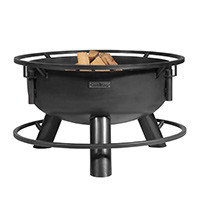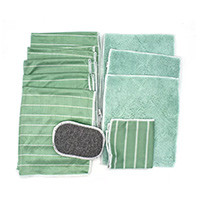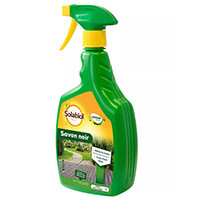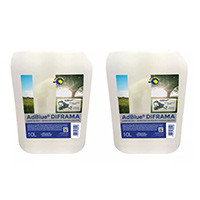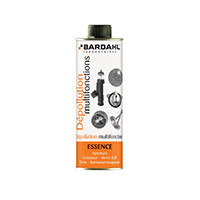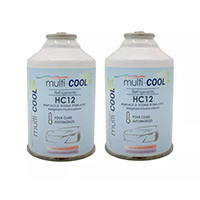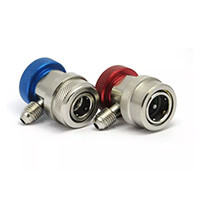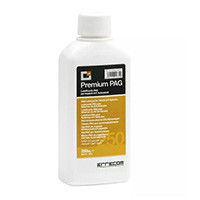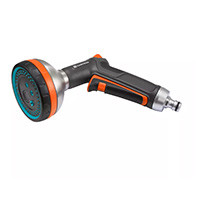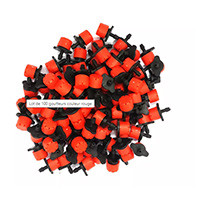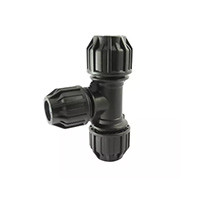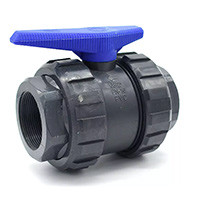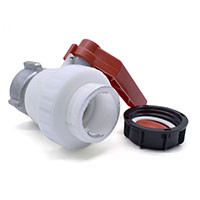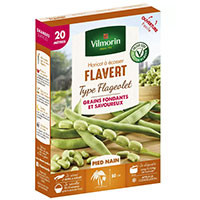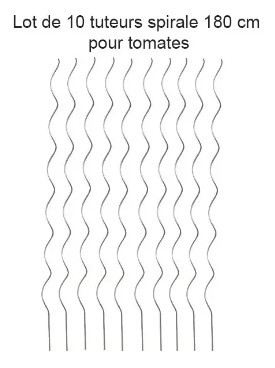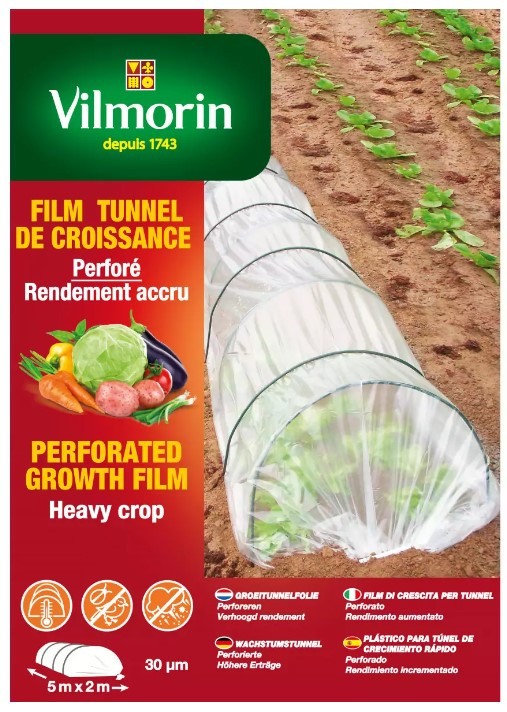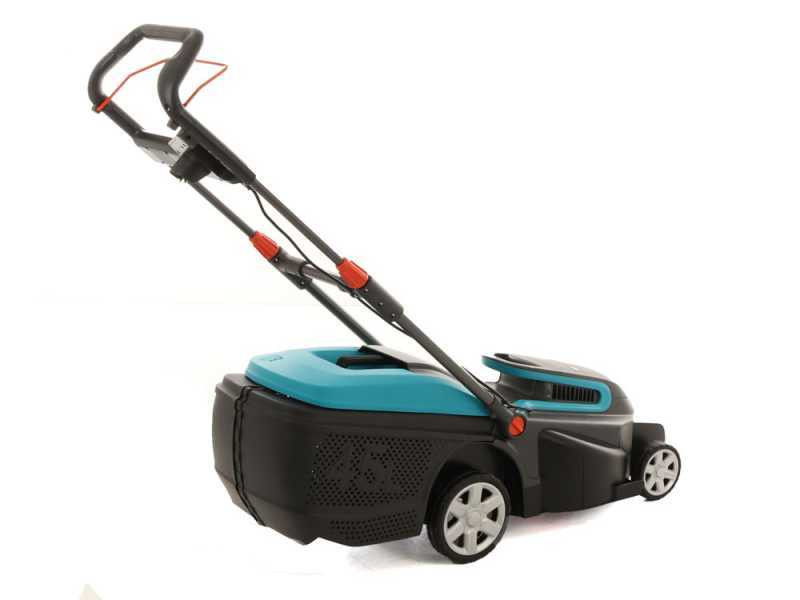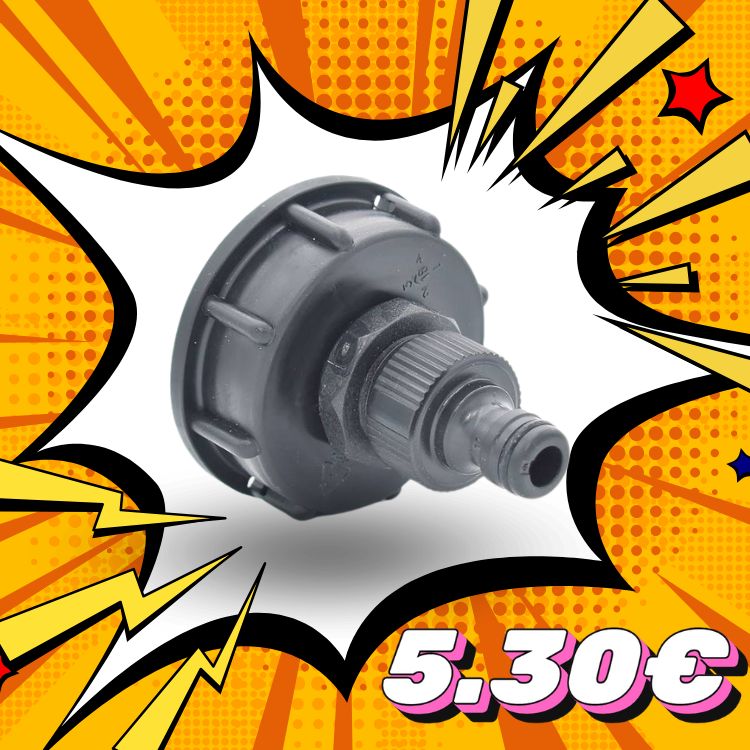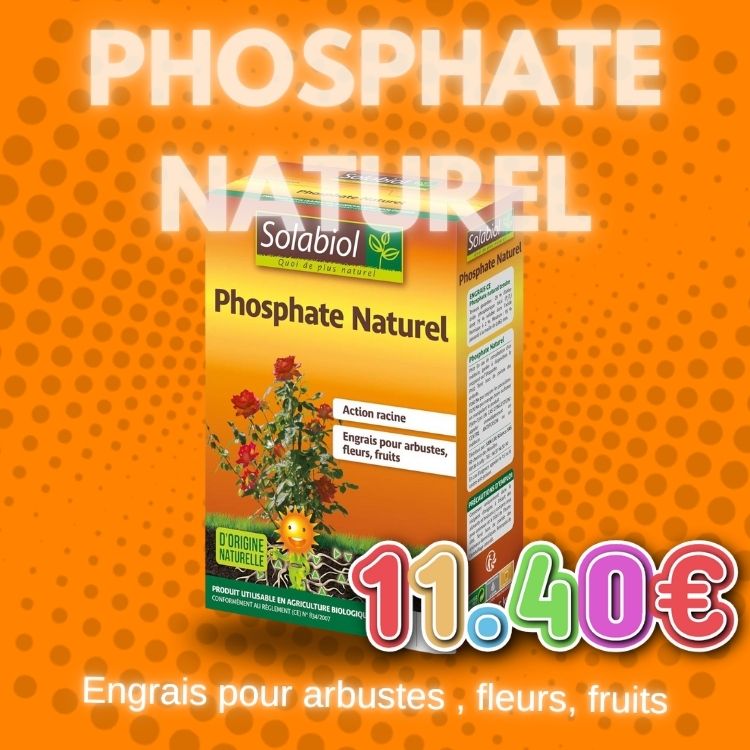Rainwater collected and used in the home can be an alternative for all people who build their homes who are regulated for discarding water from roofs to the sewer.
Rainwater is an inexhaustible natural resource. Once we fall on the roofs, we unsuitablely dump it back to the sewers, which is a huge mess. There are several ways to recover and use rainwater:
The main idea on the subject is to collect rainwater to water his garden and wash his car. There are several solutions on the market to perform this type of service knowing that the water used is raw recovery and that it must be used on a different network from the public network. Unless you use a filtration and water treatment system that will allow you to use the existing public network. But the investment would not be profitable.
The second idea is to use rainwater to fill and supplement the pool with water. With the abundance and proliferation of private pools, we are depleting drinking water resources. Rainwater is a good alternative, it can be filtered and treated to meet your requirements.
The third idea is to store rainwater throughout the habitat. Indeed, recovering rainwater from roofs is easy:
It is enough to have a detached house, a little land to add a recovery tank, a pump, a good treatment and filtration element to distribute rainwater throughout the house. Rainwater has so many advantages that it is important to use it throughout the house.
Financial benefits
Today, water is becoming a scarce commodity. Its price keeps rising. It has doubled in the last 10 years and water prices are expected to increase by 5-10% per year in future years. You have to be clear-headed and know that it is not the water itself that determines its price but its treatment and delivery to the tap.
The drinking water system in France is in a dilapidated state and does not always meet the requirements of European standards. This implies a multi-year re-standardization programme with a cost that will be borne by the consumer.
Water treatment is becoming more and more expensive. The quality of water, at the base, being increasingly poor requires an increasingly expensive implementation to always obtain the same quality at the tap with a cost that will always be borne by consumers.
The better quality rainwater falls free of charge on our property and with inexpensive treatment, it can be used in a more noble way than we do today.
Rainwater is soft, so require less detergent for all your household chores. The need for detergents is reduced by 40-60%. For a family of four, the savings per year can be close to 200 to 250 euros.
By its softness, rainwater protects your household appliance: more aggressive limestone, more use of salt for the dishwasher, more calgon or anti-limestone product, cumulus is protected, less electrical consumption to heat the water to temperature.
The softness of rainwater is good for the skin. Because city water is often limestone and highly chlorinated, it attacks the skin. Rainwater eliminates several problems due to the aggressiveness of chlorinated water such as dandruff from the scalp and allergic skin problems.
Ecological benefits
The use of rainwater has various ecological advantages. It preserves the use of groundwater, which is already at a critical level during the summer periods (several French departments in water restriction).
It allows, when it is recovered in a cistern, to be a buffer zone in case of heavy rains with the sewage treatment plants which have great difficulty in managing this large influx of water. This influx can cause unsafe water to be used.
Rainwater recovered and used and then polluted in the house makes recycling easier for sewage treatment plants. Indeed, stormwater falls on public roads laden with heavy pollutants that are even more difficult to treat for sewage treatment plants.

